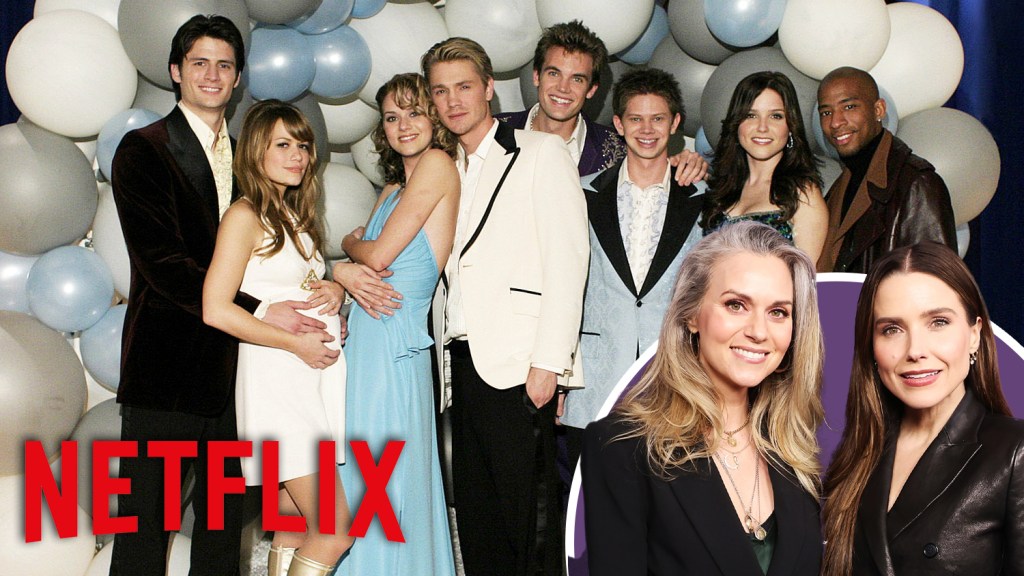The Authenticity Trap: How "Real" Are Authors Expected to Be?

The recent Oscar-winning film "American Fiction", an adaptation of Percival Everett's novel "Erasure" by screenwriter and director Cord Jefferson, offers a scathing critique of the racial stereotyping prevalent in the publishing industry.
The film follows Theolonius "Monk" Ellison (played by Jeffrey Wright), an academic and author, as he navigates the often-hypocritical world of literary publishing. One scene sees Monk attend a panel discussion for his new book, only to find himself outnumbered by the throngs attending a session for celebrated black author Sintara Golden. Golden, promoting her book "We's Lives In Da Ghetto", delivers a reading in a heavily exaggerated black vernacular, much to the audience's delight, but to Monk's disdain.
Later, Monk and his literary agent engage in a phone call with a publisher interested in his latest novel, "My Pafology". Unbeknownst to the publisher, the novel is a satirical commentary on black stereotypes, yet they mistake it for serious literature. At his agent's insistence, Monk adopts a "street" persona, speaking in a "black" vernacular, playing into the publisher's preconceived notions of authenticity.
These scenarios highlight the pressure placed on Black authors to conform to a narrow, often reductive, definition of "authenticity". Monk, throughout the film, confronts this expectation, resisting the pressure to "write black" and "talk black" in order to represent his racial experience. His defiance only serves to amplify the constraints on his self-expression, leading him to question the industry's expectations: "Look at what they publish. Look at what they expect us to write."
The film explores the notion of "literary personas" and the paradox of authors of colour being expected to perform an authentic version of themselves while simultaneously adopting a constructed, often contrived persona for the benefit of readers and industry players. This phenomenon is not limited to the American literary landscape; global literary discourse also demands "authenticity" from authors of colour, often to their detriment.
This relentless demand for "authenticity" raises a fundamental question: who qualifies as an "authentic" author? The concept, particularly within postmodern culture, has become fraught with paradox. Authors are expected to depict their lived experiences authentically, yet the very form of that authenticity is often predetermined for them.
One reason for this trend lies in the tendency to conflate authors with the worlds they create in their books, as Laura Mandell, an assistant professor of English, notes: "Whenever we talk about 'great literature' using an author's name, we confuse people and texts, subtly reinforcing the unconscious idea that authors are literature rather than that they wrote it." This conflation imposes expectations on authors, shaping their perceived authenticity.
Furthermore, book publication inevitably catapults authors into the public eye, even when they attempt to resist this, as demonstrated by Elena Ferrante, whose real identity remains shrouded in mystery. The pressure to conform to expectations of authenticity becomes inescapable.
Authors of colour often employ personas as a means of navigating these expectations. Junot Diaz, Pulitzer Prize-winning author of "The Brief and Wondrous Life of Oscar Wao", offers a revealing perspective: "Whatever your formula is about being Dominican, about being African diasporic, or being poor or being from New Jersey or being an immigrant, whatever your formula is, please, safely put me outside of it." Diaz's "mixed register" of Spanglish, nerd jargon, and taboo slang exemplifies a strategic performance, acknowledging his background while refusing to be confined to a reductive formula of authenticity.
Similarly, Madeleine Thien, Booker-nominated author of "Do Not Say We Have Nothing", embraces her pigeonholing, even weaponizing it. She notes: "[Reviewers] make such sweeping generalisations about a place⦠when they actually have possibly not read a single book about Vietnam⦠about China, even... most people have not read a single novel set in China." Thien uses her identity as a point of leverage, performing the outrage expected of her in the diversity conversation.
Ultimately, the idea of being "true to oneself" within contemporary identity politics pigeonholes writers into producing a specific type of narrative. Deviation from these expectations can be seen as inauthentic, highlighting the problematic nature of this trend within postmodern culture.
The film "American Fiction" leaves the audience with a lingering sense of ambiguity. It presents a poignant commentary on the expectations placed upon authors of colour, highlighting the complex interplay between identity, authenticity, and the literary landscape. It ultimately leaves us with a powerful question: can one truly be "authentic" within a system that dictates the parameters of what constitutes "real"?





